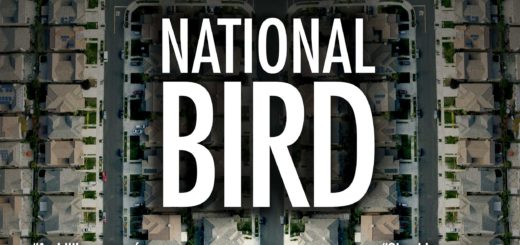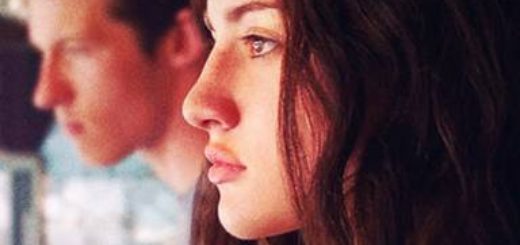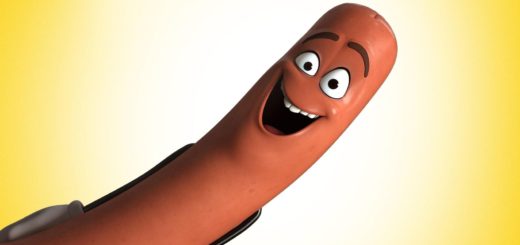BEAUTY AND THE DOGS Review
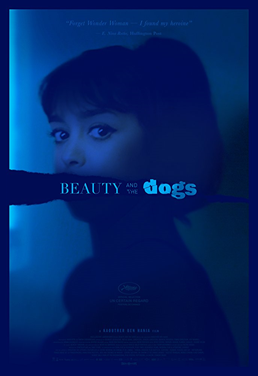
Director: Kaouther Ben Hania
Genre: Drama
Year: 2018
In a post-revolutionary Arab world, amidst pockets of relative peace, there remains a constant conflict between conservative and progressive values, many of which subjugate women. With BEAUTY AND THE DOGS, director Kaouther Ben Hania throws the audience into Tunisian society, where the reality of female helplessness remains violently prevalent. In a brutal display of unchecked misogyny, the film’s protagonist, Mariam, is raped by two police officers. The rest of the film follows her as she embarks on a harrowing journey of self-justice, while the film’s long takes trap you in every agonizing moment. For better or for worse, the intensity of Hania’s feelings seep through every shot, and populates the intentional scarcity of sound design and visual effects. Currently distributed internationally by Oscilloscope, it is clear that this issue is unfortunately and widely relatable.
BEAUTY AND THE DOGS starts with Mariam’s party at a local discotheque, where she is surrounded by her friends in the bathroom and her only concerns are a rip in her dress. This first chapter concludes with her leaving the club with Youssef, a man who has been eyeing her all night. With a brief cut to black, the second chapter brutally thrusts the viewer into a scene where Mariam runs screaming from Youssef, tears streaking her mascara. It isn’t Youssef that she’s running from, but rather nearby police cars, and she shudders when they drive past. From then on, the film plays very linearly. Thus, Mariam’s rape is never shown, both putting the emphasis on her struggle for justice and leaving the audience lacking in specific details, similar to many trauma victim’s memories. The mystery surrounding the event is compounded by the fact that the audience is never shown who her attackers are until much later in the film.
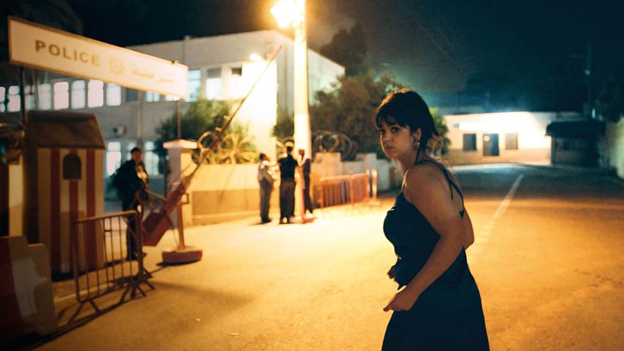
Mariam as she steps into the lion’s den
Thus, the manipulation of perspective and staging both play key roles in the BEAUTY AND THE DOGS’ sense of danger. From the start, Youssef and other men silently watch Mariam as she dances in the club. Something this harmless shouldn’t be as ominous as it plays on screen, but with shifting the perspective of the film to the female, the male gaze constantly feels predatory. Post-rape, every man who talks and examines Mariam can’t be trusted. Along with the exclusion of the event, this uneasiness becomes another brilliant technique to highlight Mariam’s and other victim’s mindsets. So, through staging the camera both close and far enough away to take the role of a bystander, the viewer is asked to think about their role in the scene and in situations beyond the film.
Hania’s stance on the event is clear, visually stating something along the lines of “don’t even think about looking the other way.” In fact, the only obvious edits come through the film’s chapter breaks. Much like a play in nine acts, each of the film’s nine chapters elevate the next with increasing frustration and peril. The film’s world is truly a living nightmare, and the lack of edits eliminate all possibility of waking up. Hania’s relentlessness is admirable and important for something of such magnitude, but the commitment to long takes diminishes their impact by the end. Towards the 90-minute mark, the repetitive plot loses weight and seems only to exacerbate Mariam’s agony. This leaves Mariam’s final victory feeling rushed by the end, and one can’t help but feel that she earned more than what she was given.
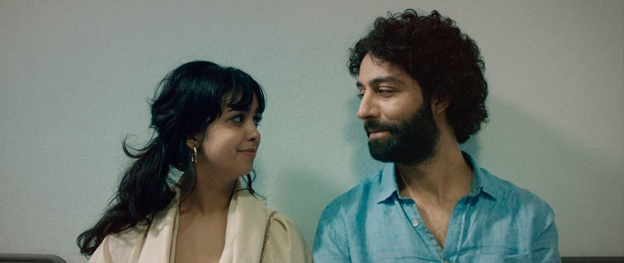
It’s important to note that Youssef does his best to help Mariam throughout the film
With this in mind, perhaps Hania doesn’t want the audience to feel like this victory has solved the greater systemic issue of female subjugation. Hania hints at a solution, in that Mariam only gets away after a male police officer finally stands up for her, and only gets to the end with Youssef’s help. Even so, this freedom is granted to Mariam by other men, and the only agency she has throughout BEAUTY AND THE DOGS is the ability to resist. Nevertheless, with pure resistance, meaningful change is the hopeful outcome, and for this to happen it appears that both sides must work to do so.
Verdict: Recommend

